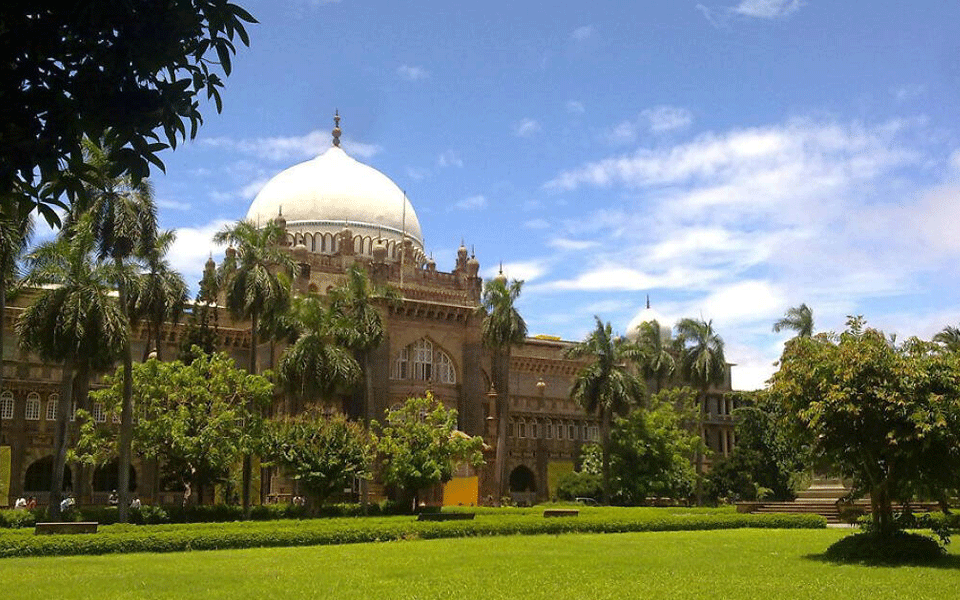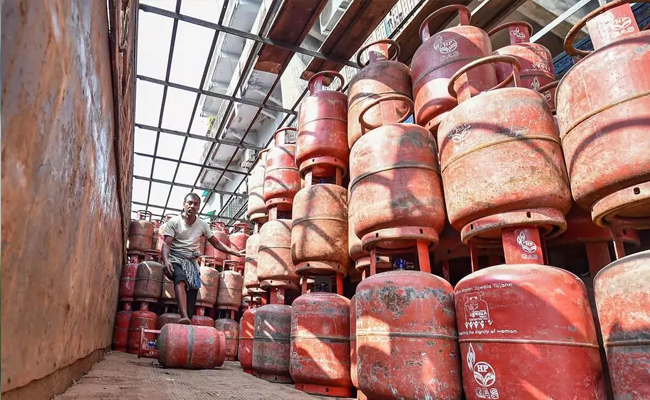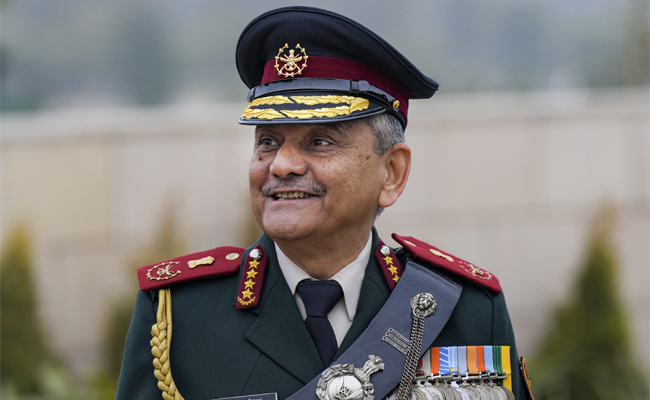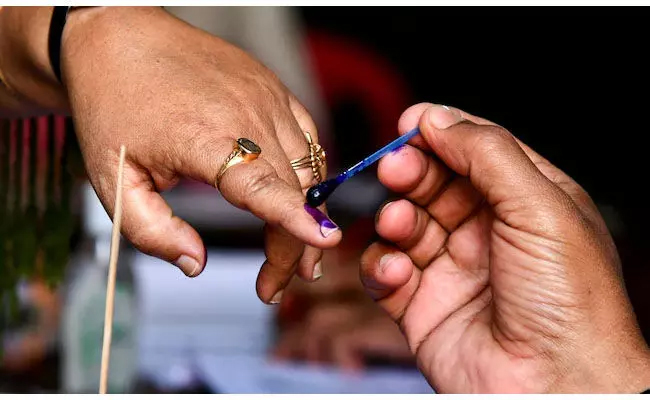New Delhi (PTI): The restoration of the 100-year-old Chhatrapati Shivaji Maharaj Vastu Sangrahalaya in Mumbai has won a top award from UNESCO, with the jury hailing it as a project that "sets a standard" for the conservation of world heritage monuments.
The museum, part of the Victorian Gothic and Art Deco Ensembles of Mumbai's world heritage property, has received the Award of Excellence in this year's UNESCO Asia-Pacific Awards for Cultural Heritage Conservation that were announced on Saturday.
UNESCO Bangkok, in a statement, said, "The jury applauded the museum project for restoring 'a major civic institution in the historic city of Mumbai'.
"The jury noted, 'impressive in its scale, the project addressed extensive deterioration through well-informed architectural and engineering solutions, overcoming major challenges during the pandemic'," it said.
The "heroic" restoration of the Chhatrapati Shivaji Maharaj Vastu Sangrahalaya has received the Award of Excellence in this year's UNESCO Asia-Pacific Awards for Cultural Heritage Conservation, the statement said.
Chhatrapati Shivaji Maharaj Vastu Sangrahalaya was established as the Prince of Wales Museum of Western India in 1922.
Thirteen projects from six countries - Afghanistan, China, India, Iran, Nepal and Thailand - have been acknowledged for awards by an international jury in this year's awards programme.
Jury deliberations were carried out in November 2022 when members reviewed 50 entries from 11 countries from the Asia-Pacific region.
Besides, the Domakonda Fort of Telangana, and Byculla Station of Mumbai, are among the winners in the Award of Merit category, while the stepwells of Golconda in Hyderabad has won an award in the Award of Distinction category.
Topdara Stupa, Charikar, Afghanistan, and Nantian Buddhist Temple, Fujian, China, have also received the Award of Merit, the statement said.
"The awards give people a sense of pride and sense of ownership of their own heritage," Feng Jing, the Chief of the Culture Unit at UNESCO Bangkok, was quoted as saying in the statement.
Since 2000, the UNESCO Asia-Pacific Awards for Cultural Heritage Conservation programme has been recognising the efforts of private individuals and organisations in restoring, conserving, and transforming structures and buildings of heritage value in the region.
Let the Truth be known. If you read VB and like VB, please be a VB Supporter and Help us deliver the Truth to one and all.
Thane (PTI): Authorities have seized illegally stored 1,839 gas cylinders and seven vehicles worth over Rs 67 lakh in the Dombivli MIDC area of Thane district, officials said on Saturday.
A special vigilance team of the Mumbai Rationing Department detected an illegal storage of domestic and commercial LPG cylinders in Phase-2 of Dombivli (East).
Cylinders belonging to multiple gas agencies were found stockpiled in closed vehicles, unauthorised warehouses, and open sheds without mandatory permissions from the Explosives Department, Fire Department, or oil companies, according to an official release.





